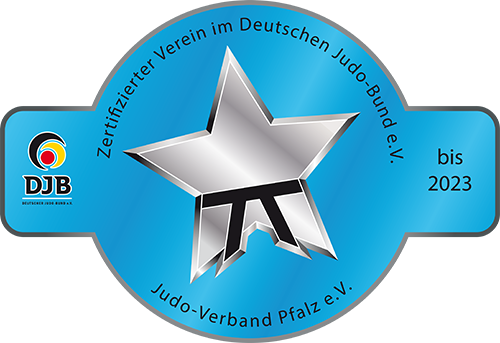A collaboration agreement, also called a collaboration contract, is a legal agreement between two or more parties who want to collaborate on a project or task. It outlines the terms and conditions of the collaboration, including the roles and responsibilities of each party, the scope of the project, and the timeline and deadlines for completion.
There are many reasons why parties may enter into a collaboration agreement. For example, it may be necessary for them to pool their resources, share expertise, and divide workloads. Collaboration agreements can be used in a variety of industries, such as technology, healthcare, and creative arts.
Before starting a collaboration, it is important to have a clear understanding of what each party brings to the table. This includes their skills, resources, and areas of expertise. A collaboration agreement should clearly define the roles and responsibilities of each party, including what tasks each will perform, what deadlines they will meet, and how they will communicate with each other.
A collaboration agreement should also detail how the parties will manage any intellectual property that is created as a result of the collaboration. This includes any patents, trademarks, or copyrights that may be involved. The agreement should specify who owns the intellectual property, how it can be used, and how profits will be shared.
One of the key benefits of a collaboration agreement is that it minimizes the risk of disputes. By clearly outlining the terms and conditions of the collaboration, all parties know what is expected of them. This reduces the likelihood of misunderstandings or disagreements about who is responsible for what.
When drafting a collaboration agreement, it is important to keep in mind any relevant legal requirements. This may include complying with industry-specific regulations or ensuring that the agreement is enforceable in court. It is recommended to consult with a lawyer to ensure that the agreement is legally binding and protects the interests of all parties.
In summary, a collaboration agreement is a legally binding document that outlines the terms and conditions of a collaboration between two or more parties. It is important for the agreement to define each party`s roles, responsibilities, and expectations, as well as how any intellectual property will be managed. By having a clear and concise agreement in place, parties can minimize the risk of disputes and ensure a successful collaboration.











